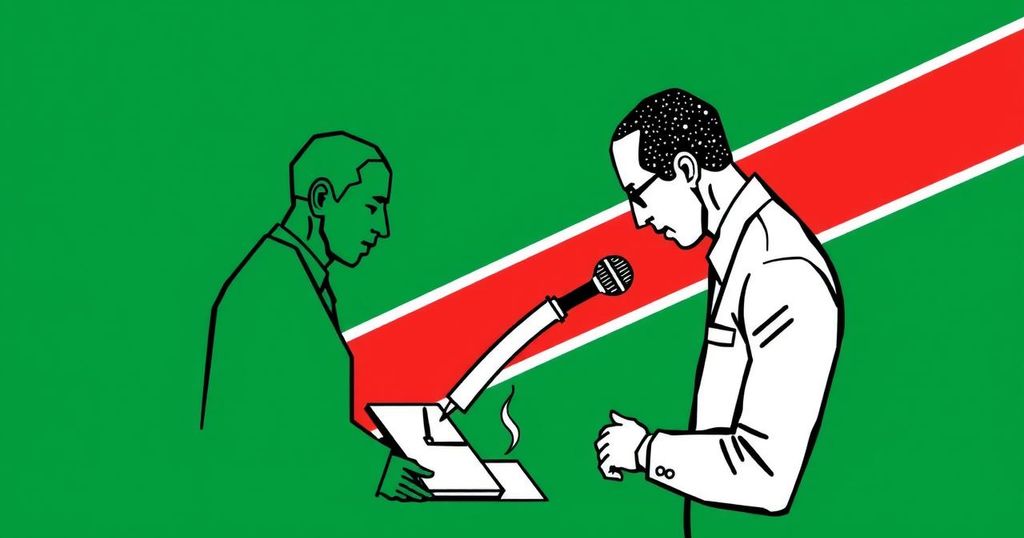Namibia’s Electoral Commission Extends Voting Amid Logistical Challenges

The Electoral Commission of Namibia has announced two extra voting days due to severe logistical issues that prevented many voters from casting their ballots in the recent election. The decision follows complaints about long wait times at polling stations, with opposition parties advocating for extended ballot counting amidst the ongoing electoral challenges.
The Electoral Commission of Namibia has declared two additional voting days following significant logistical challenges that hindered participation in the recent election. The authority informed that 36 polling stations would remain open on Friday and Saturday to accommodate voters who were affected by long queues and delays, some lasting up to 12 hours. The Commission acknowledged both technical and logistical issues that disrupted the electoral process on Wednesday, the day of the election. In light of these circumstances, opposition parties have urged for extended voting hours and a halt on ballot counting as the election faced considerable disorganization.
Namibia is currently navigating a politically charged environment as it hosts what has been described as its most contested election to date. This situation has been compounded by infrastructural inadequacies at polling places, leading to substantial voter dissatisfaction and calls for reforms in the election process. The occurrence of such logistical failures raises questions about the electoral integrity and the Commission’s capacity to facilitate a transparent electoral environment. As various political factions vie for power, the public remains attentive to the systematic management of the election.
In conclusion, the Electoral Commission of Namibia’s decision to extend the voting period due to extraordinary logistical failures reflects the challenges faced in executing a national election. Voter access has been significantly compromised, prompting both an extension of voting days and calls for better election management practices. This situation sharply emphasizes the importance of effective planning and communication in electoral processes to uphold democratic values and ensure citizen participation.
Original Source: www.barrons.com







